



The Divergent Voice
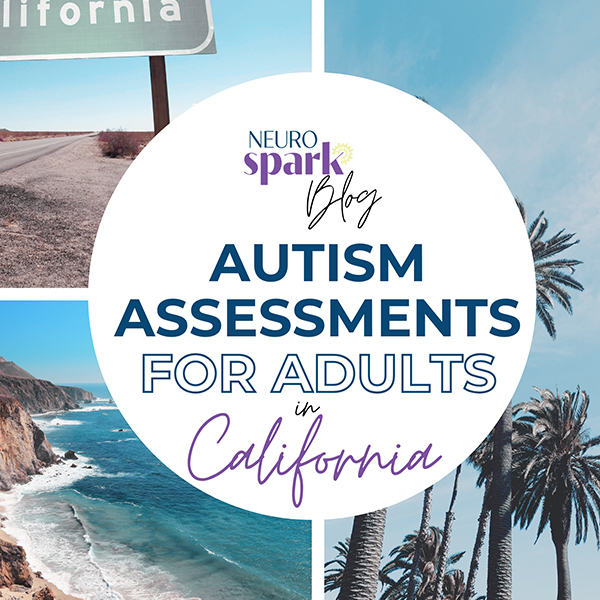
By: NeuroSpark Health
Looking for an autism assessment for adults in California? We offer virtual, affirming evaluations built for late-identified and AuDHD adults.
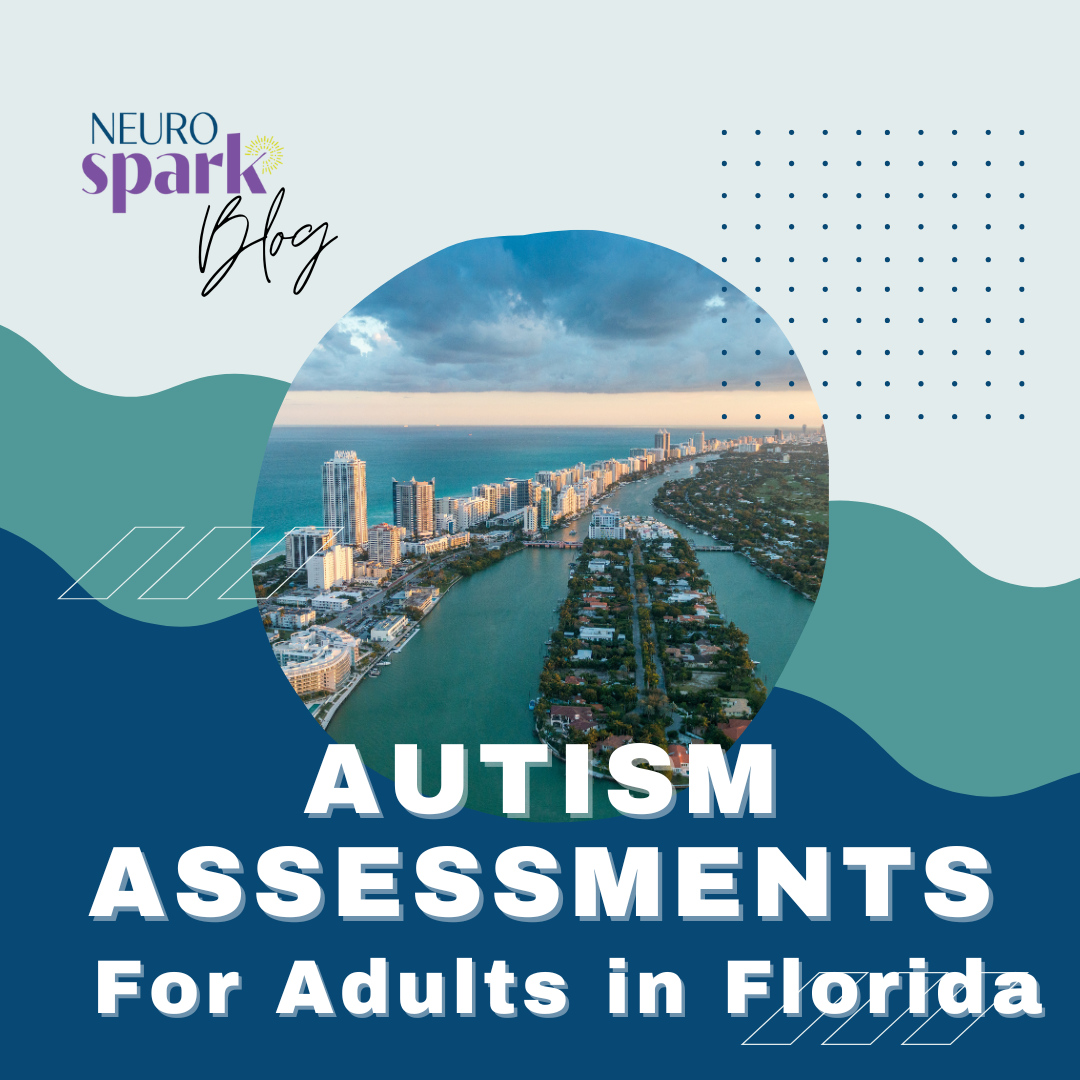
By: NeuroSpark Health
Looking for an autism assessment for adults in Florida? We offer virtual, affirming evaluations built for late-identified, high-masking autistic adults.
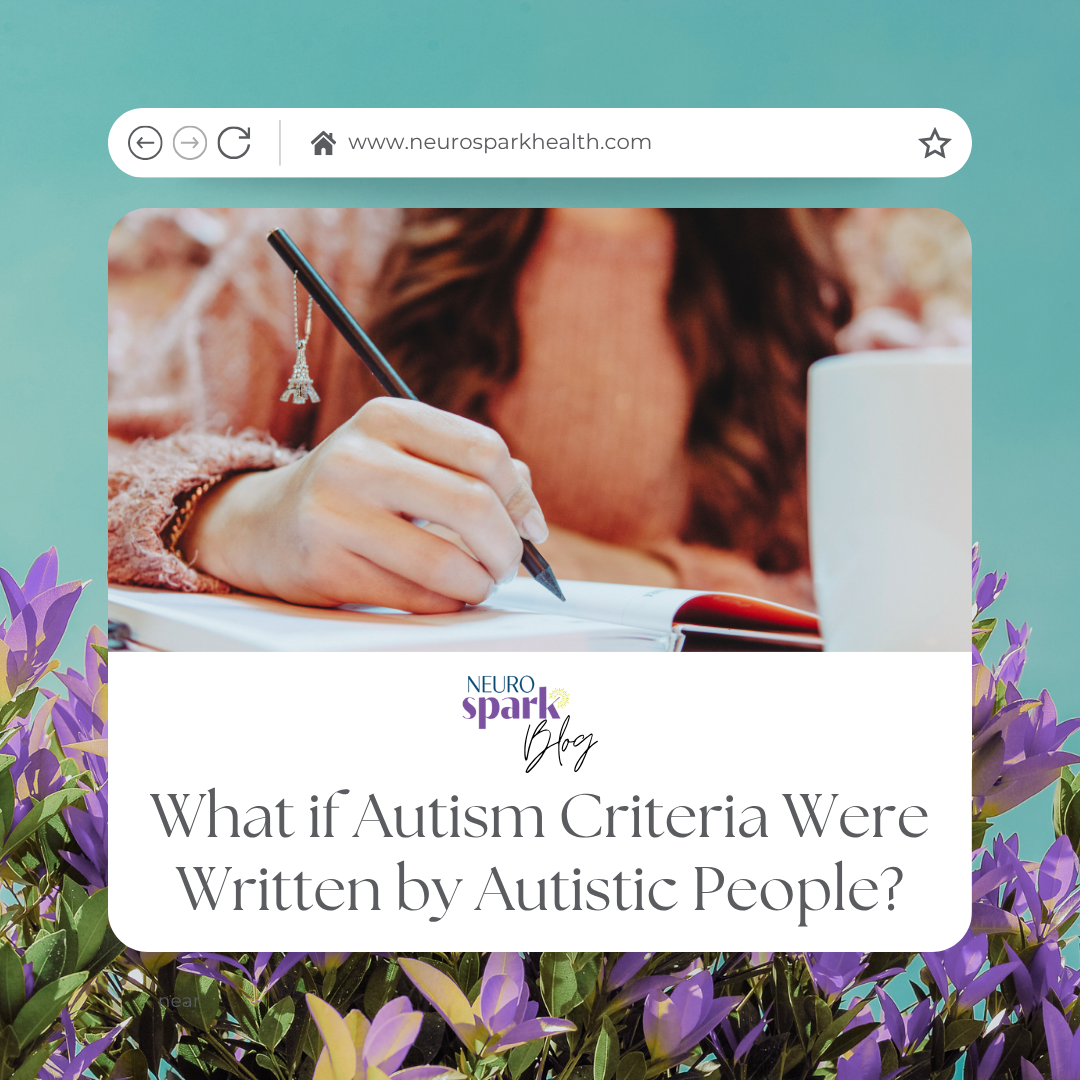
By: NeuroSpark Health
What if autism criteria were based on lived experience? This blog explores how autistic adults are reshaping how we define, recognize, and relate to autism.
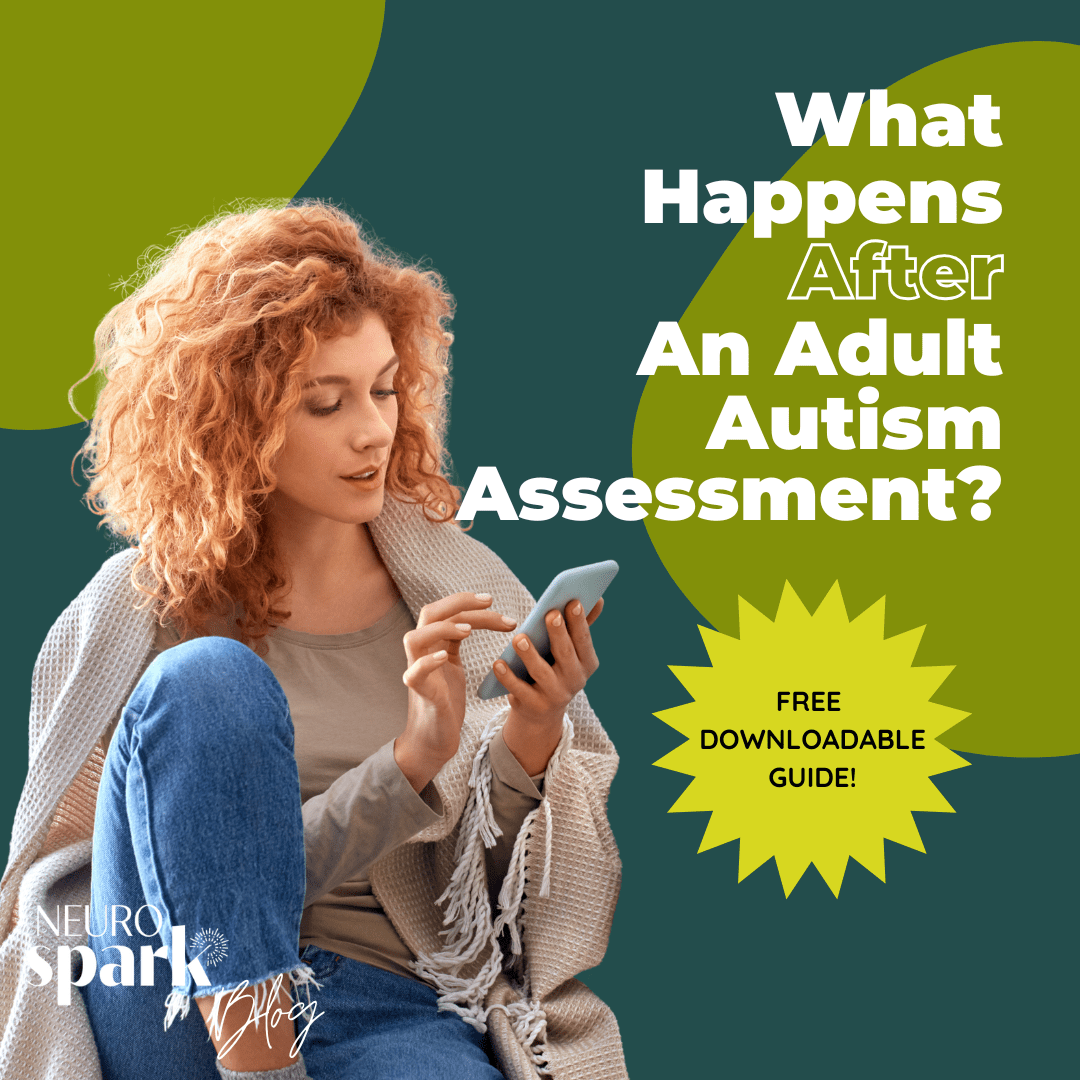
By: NeuroSpark Health
Receiving an adult autism diagnosis is often life-changing, but what happens next? If you’re feeling relief, overwhelm, confusion, or even grief, you’re not alone.
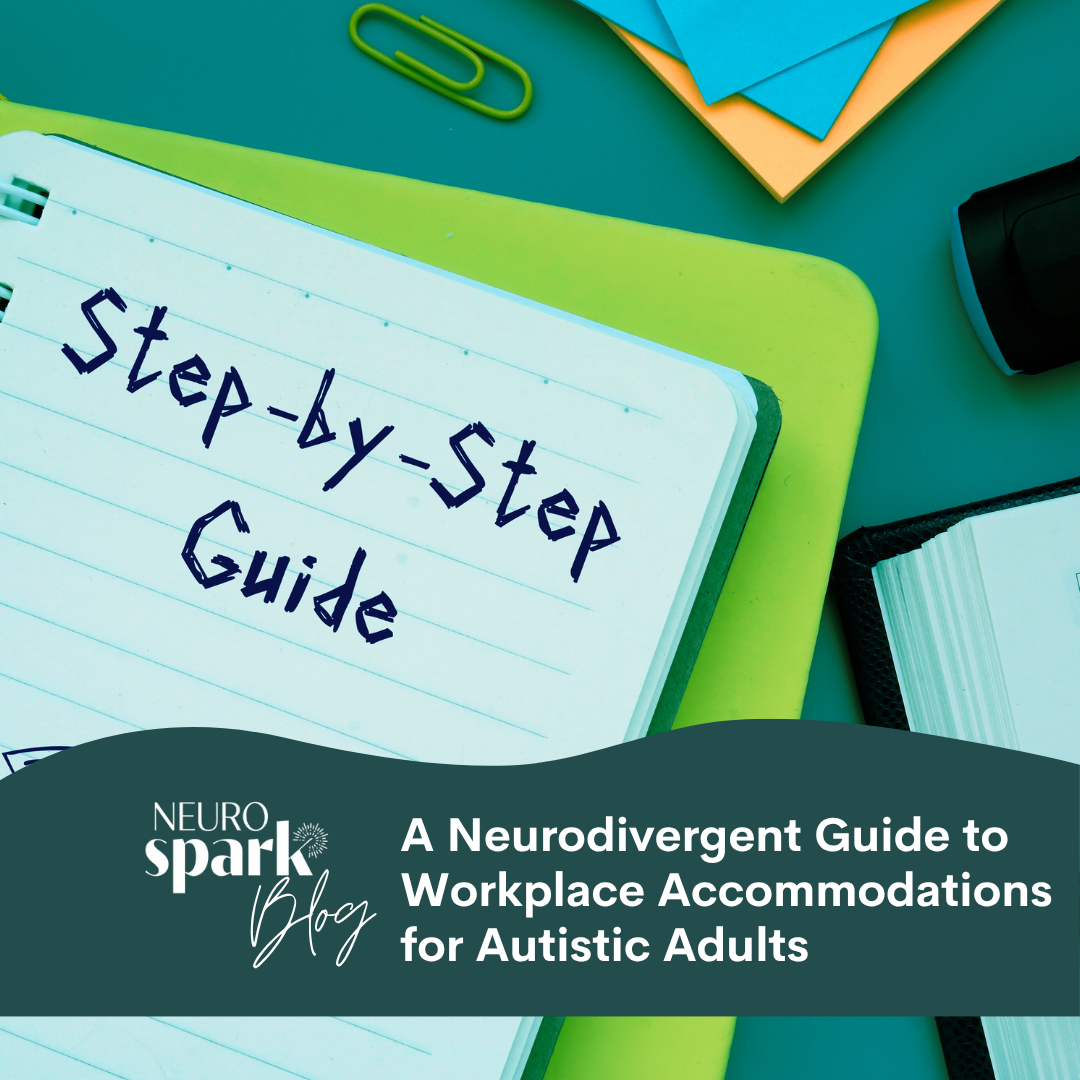
By: Julie Landry
A 2017 study from the Centers for Disease Control and Prevention (CDC) estimated that 2.21% of adults in the United States are autistic. The actual prevalence rate is probably much higher since most of the study’s data came from childhood diagnoses and did not include many late-diagnosed or self-diagnosed adults. But even that conservative figure tells us something important: autistic people are already part of every workplace.

By: NeuroSpark Health
If you're feeling chronically exhausted, emotionally numb, or like you just can’t keep up, no matter how hard you try. You’re not lazy, dramatic, or defective. You might be experiencing neurodivergent burnout. Unlike general burnout, neurodivergent burnout is deeper. It builds slowly over time due to masking, sensory overwhelm, navigating constant misunderstandings, or trying to meet neurotypical expectations in a world that wasn’t built for you. This kind of burnout is common, especially among autistic and ADHD adults, particularly those who are late-diagnosed and have spent years wondering why everything feels harder than it should.

By:
Neuroqueerness: the overlap is real. We’re not alone in this. Research shows autistic individuals are way more likely to be LGBTQ+ than our allistic counterparts. For example, a 2021 study in Molecular Autism found autistic adults are up to three times more likely to identify as lesbian, gay, bisexual, or transgender compared to non-autistic adults.¹

By: NeuroSpark Health
If you’ve recently discovered you’re autistic, or suspect you might be, ou may be asking, “If I’m autistic, will my child be?” This is a very common question among autistic adults, parents, and parents-to-be. The short answer is: autism can run in families, but it’s more nuanced than simple inheritance.

By: NeuroSpark Health
Autism is typically diagnosed in childhood, but many adults are now seeking assessments and diagnoses later in life. If you’re considering a formal evaluation, you might assume that a psychiatrist is the best option for an official diagnosis.

By: NeuroSpark Health
With the recent announcement of RFK Jr’s proposed national autism registry, many of us are experiencing a mix of discomfort, uncertainty, and anxiety. If you’re worried about how this registry could affect you or your loved ones, you're not alone.

By: NeuroSpark Health
For decades, autism was primarily viewed through the lens of how it presents in boys. This led to generations of autistic girls and women flying under the radar, often misdiagnosed or struggling without answers. Although they maybe weren’t perceived by others as autistic, they were definitely seen as different (too sensitive; too blunt; not enough, the list goes on).

By: NeuroSpark Health
Telehealth is making it much easier to access affirming, expert assessors﹣without worrying about geographical barriers. More providers have been transitioning to offer virtual autism assessments. This begs the question, "Can autism testing be done virtually?" and the answer is absolutely! Virtual autism evaluations are not only possible but can be highly effective, particularly for adult autism assessments. In this blog, we’ll explore how virtual autism testing works, its benefits, potential limitations, and what to expect from the process.

By: NeuroSpark Health
Autistic burnout is a debilitating state of exhaustion that adversely impacts cognitive, emotional, and physical functioning. It occurs when we expend too much energy typing to meet neuronormative expectations, navigate sensory challenges, and cope with daily responsibilities without adequate recovery time.

By: NeuroSpark Health
Ever wonder if there’s a link between autism and asexuality? You're not the only one. Many autistic adults—or those questioning whether they might be autistic—experience attraction, relationships, and sexuality differently from neurotypical people. Some find that asexuality describes their experience well, while others simply feel that their views on sexuality don’t fit the norm.

By: NeuroSpark Health
Attention-deficit/hyperactivity disorder (ADHD) and autism often have several overlapping characteristics and frequently co-occur. The overlapping traits and similarities are often misunderstood and misinterpreted by healthcare professionals who do not specialize in adult ADHD and autism.

By: NeuroSpark Health
Social Pragmatic Communication Disorder (SCD) is a relatively new diagnosis introduced in the DSM-5 (Diagnostic and Statistical Manual of Mental Disorders, Fifth Edition) in 2013. It describes challenges in social communication, particularly in understanding and using language in social contexts.

By: NeuroSpark Heatlh
The phrase "socially awkward" often brings to mind situations where someone might struggle with traditional social cues or norms, like making eye contact, engaging in small talk, or responding quickly in conversation.

By: NeuroSpark Health
The question of whether someone can develop ADHD as an adult is more nuanced than it might initially appear. ADHD is considered a neurodevelopmental condition in the DSM-V and a neurotype in neurodiversity-affirming spaces, meaning it originates in brain development and is present in childhood.

By: Cat Salladin
The concept of autistic special interests refers to the intense and focused fascination that autistic individuals often develop for specific topics, activities, or hobbies.

By: NeuroSpark Health
The concept of adult ADHD desk accessories reflects a growing interest in tools and accommodations designed to help ADHDers manage challenges in workspace environments. For many ADHDers, traditional desk setups can feel stifling or even counterproductive.

Resources
Learn More
Get
In Touch

FIND YOUR SPARK
Let's Connect
If you have questions or want to drop us a line, we'd love to hear from you. Send us your message and a member of our team will personally respond as soon as possible.
All Rights Reserved.
Accessibility Statement - Privacy Policy - Sitemap

